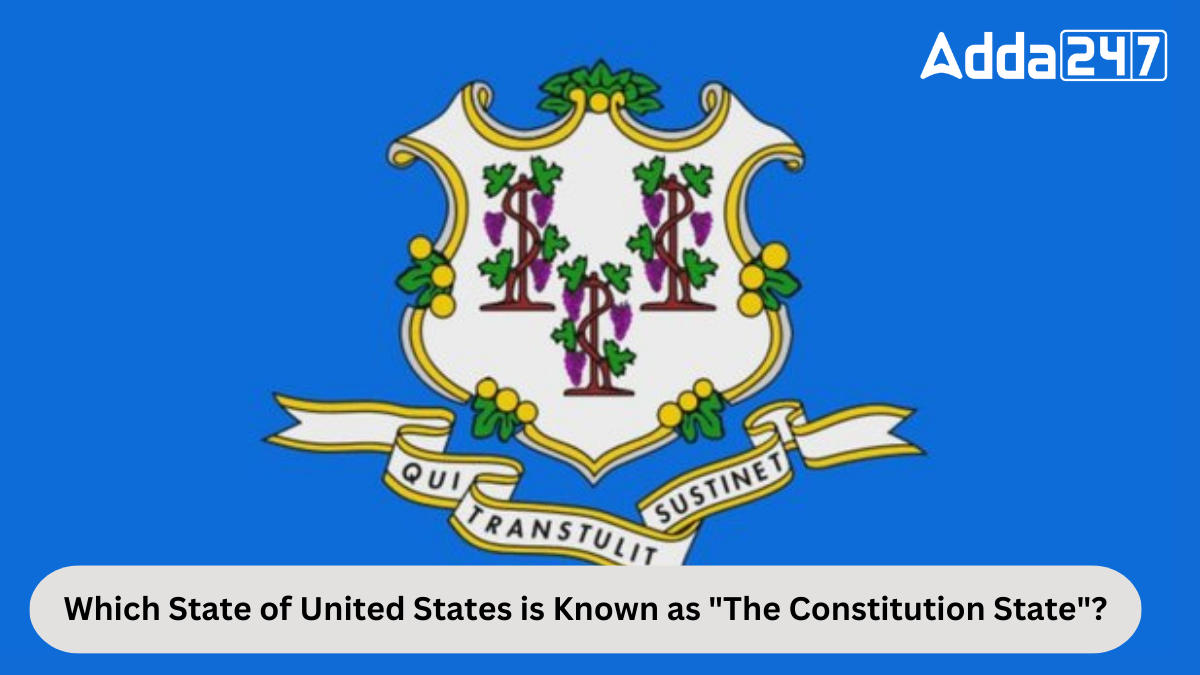In the tapestry of American history, each state is woven with its own unique narrative, emblematic of its culture, heritage, and contributions to the nation. Among these, Connecticut stands out as a bastion of legal significance, earning the distinguished title of “The Constitution State.” But what exactly lies behind this moniker, and why is Connecticut bestowed with such a prestigious designation?
Which State of United States is Known as “The Constitution State”?
Connecticut is famously known as “The Constitution State” in the United States. This designation stems from the state’s historical significance in crafting the Fundamental Orders of 1638/39, considered by some as the first written constitution in history. Connecticut’s early commitment to democratic governance and its contributions to constitutional principles have solidified its reputation as a pioneer in shaping the legal and political landscape of the nation.
Why is Connecticut Known as “The Constitution State”?
Connecticut earned the nickname “The Constitution State” due to its early adoption of democratic governance and significant contributions to constitutional principles. The designation commemorates the state’s role in drafting the Fundamental Orders of 1638/39, often regarded as the first written constitution in history. This historical document established a framework for self-governance and laid the foundation for Connecticut’s reputation as a pioneer in constitutionalism.
Early Claims and Historical Significance
As early as the 19th century, John Fiske, a prominent historian from Connecticut, asserted that the Fundamental Orders of 1638/39 were the first written constitution in history. These orders, established by the early settlers of Connecticut, were believed to be the earliest document of its kind in western civilization.
Disputed Analysis and Defenses
While some contemporary historians dispute Fiske’s analysis, figures like Simeon E. Baldwin, a former Chief Justice of the Connecticut Supreme Court, defended his view. In Osborn’s History of Connecticut in Monographic Form, Baldwin emphasized the significance of the Fundamental Orders, highlighting how they represented a deliberate effort by a group of individuals to establish a new commonwealth with defined government structures.
The Fundamental Orders
The text of the Fundamental Orders, considered a foundational document in Connecticut’s history, is preserved in Section I of historical volumes. Additionally, the original document is on permanent display at the Museum of Connecticut History at the State Library, serving as a testament to the state’s constitutional legacy.
Other Nicknames and Titles of Connecticut
Connecticut is not only known as the “Constitution State” but also by several other monikers. These include the “Nutmeg State,” a reference to the state’s early traders who were said to sell wooden nutmegs, the “Provisions State,” highlighting its historical role in supplying provisions during wartime, and the “Land of Steady Habits,” a nod to its reputation for tradition and stability.



 Celebrating a Green Diwali: Lights Witho...
Celebrating a Green Diwali: Lights Witho...
 Largest Auditorium in India, Check Name,...
Largest Auditorium in India, Check Name,...
 Ayodhya Diwali 2024, Date and Time
Ayodhya Diwali 2024, Date and Time

